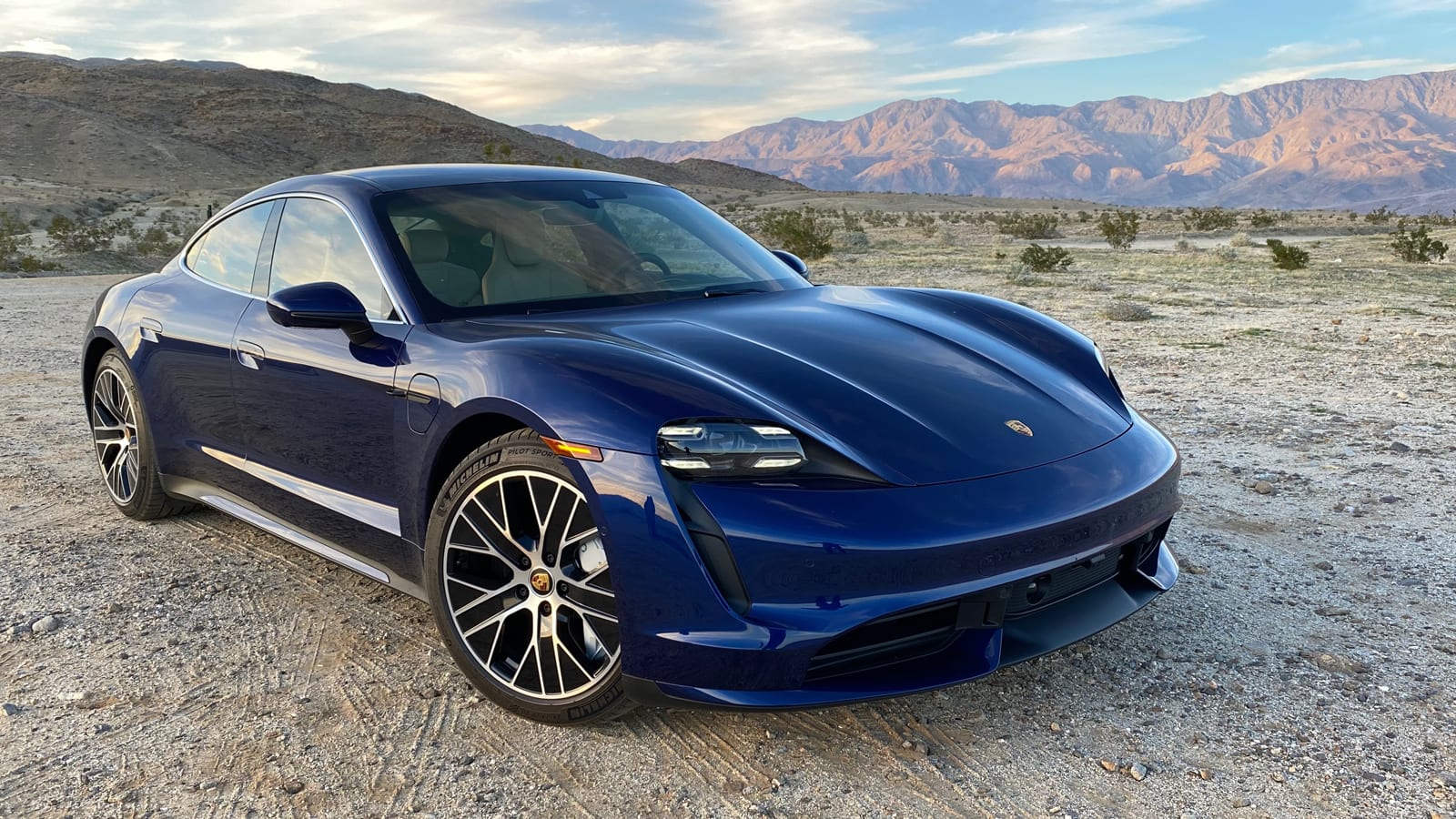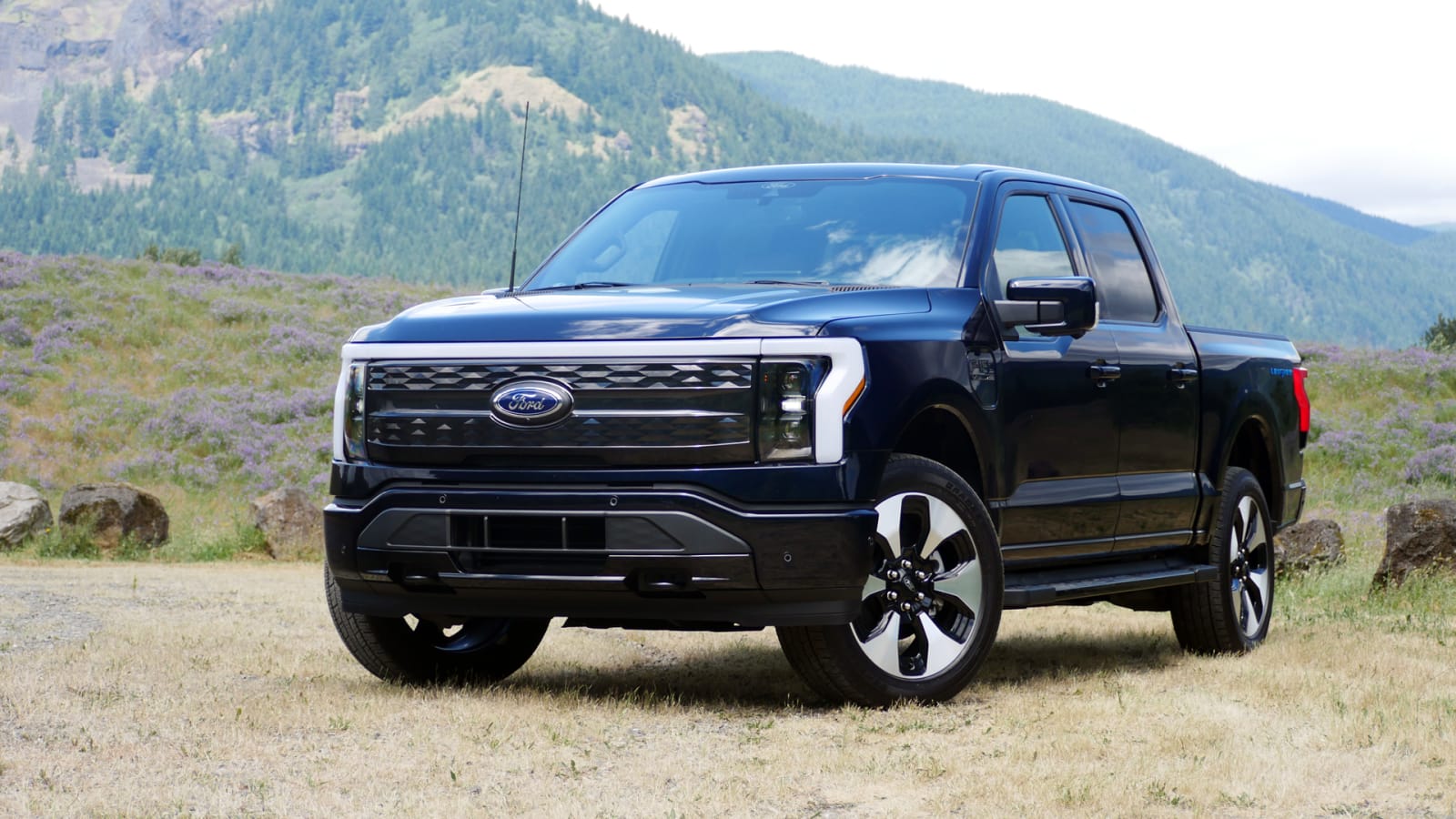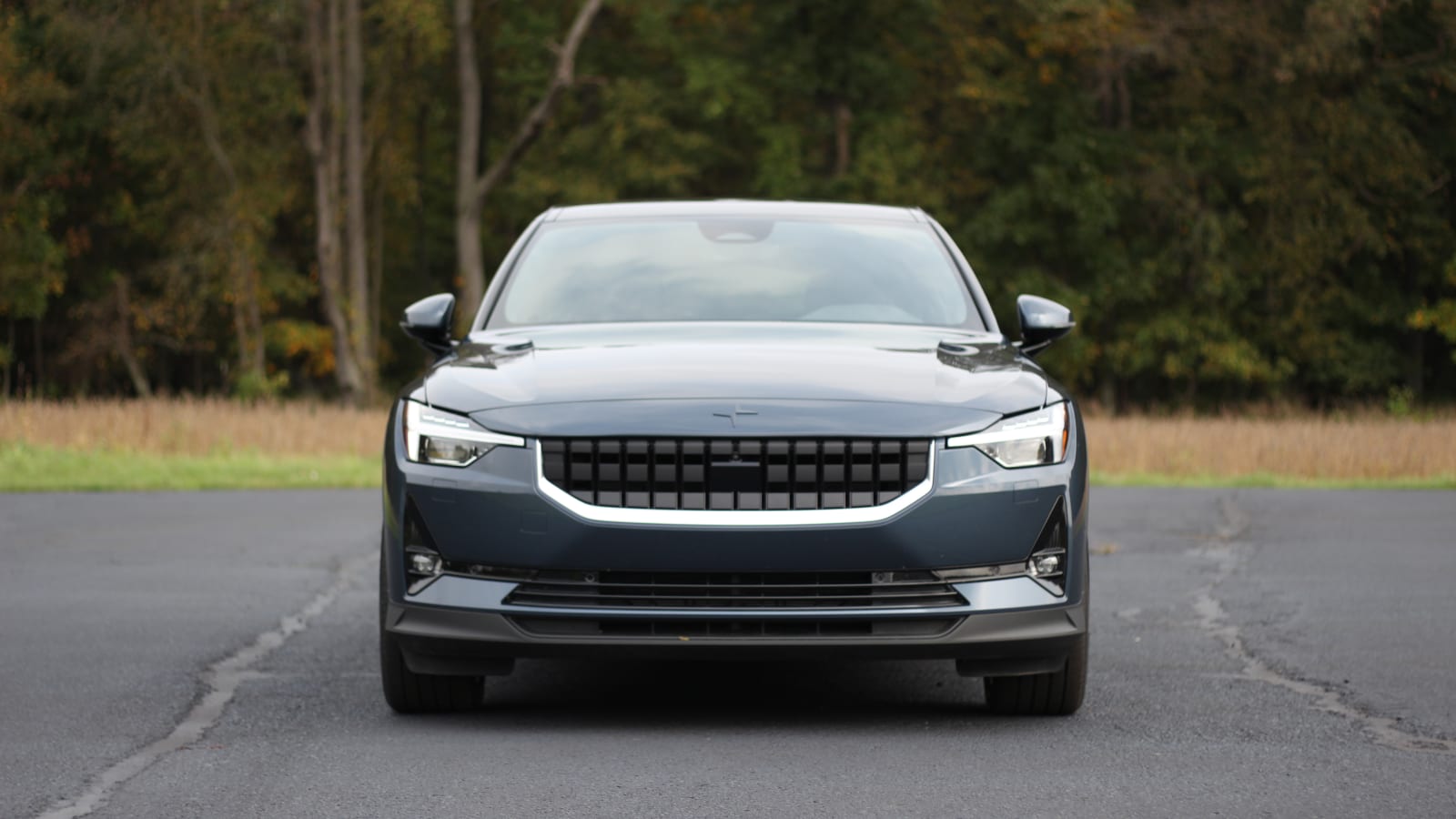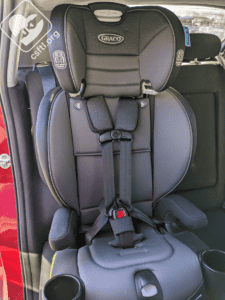Fastest-charging electric cars of 2022
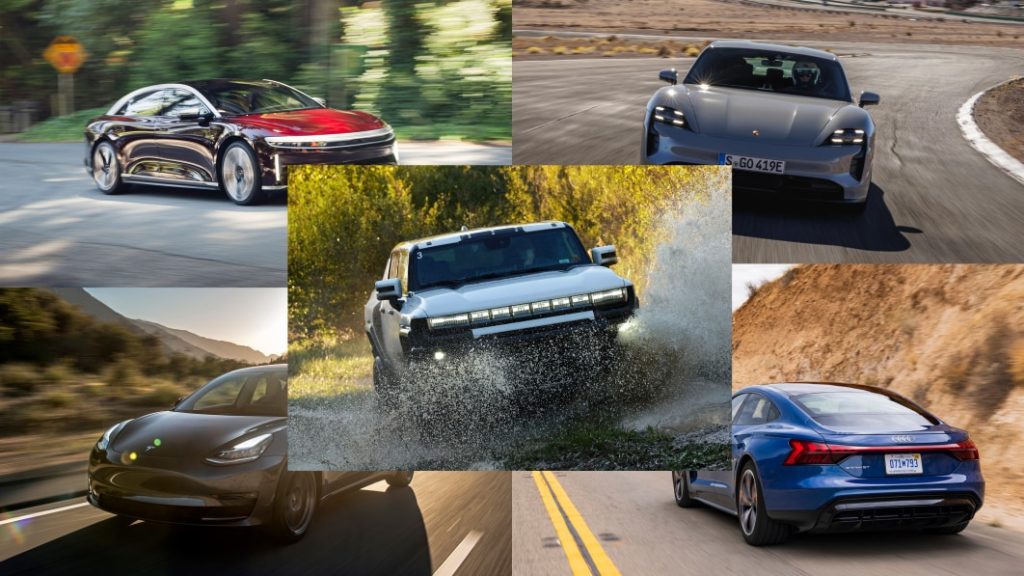
Range anxiety is still an issue for new electric car buyers, even if 80% of EV charging occurs at home and they will rarely need to visit a DC fast charger. If you really want to avoid public charging at all costs, you’ll want one of the EVs with the longest range (and if cost is your biggest concern, check out our list of the cheapest EVs available). Still, on the occasions that one does need a splash of electricity put back in their battery in order to reach their destination, they’d like to minimize the amount of time spent at a charger. With more 350-kilowatt DC fast chargers being installed at sites around the country, automakers are launching EVs that are better able to take full advantage of that rate of output.
Read more: EV charging guide | What to know when buying an electric car
With that in mind, here are the EVs on the market — or that have been announced and are coming soon — that can charge the quickest at a public charger. For these purposes, we’re ranking the cars by their peak charging capability, listed in kilowatts (kW). We’re using 150 kW as the cutoff for this list.
Charging speed variables
Keep in mind, there are a number of variables that affect the practical realities of fast-charging, variables that can specifically slow things down. For instance, EVs don’t maintain that peak charging rate over the course of the charging session. The charge state of the battery affects speed, and the rate will dip significantly when a battery is close to full. EVs also have different size batteries, and a bigger battery will obviously take longer to top off. Furthermore, a lighter, slower vehicle can go more miles on the same amount of electricity than a heavy, fast vehicle like the enormous GMC Hummer EV, so while two vehicles could charge at the same rate, the actual miles being given back to the battery will be different based on that car’s efficiency. Also, things like the age and temperature of the battery can affect charging speeds.
We could have calculated charging rates by miles per hour based on peak charging rate and battery capacity, but due to some of the variables above, those calculations wouldn’t be achievable in the real world. That’s why we landed on peak kW instead for the purposes of this list. We have, however, included manufacturer claims for charging speeds that might help give a better sense of the time it would take to charge the car in ideal conditions. So, without further ado, here are the fastest-charging EVs available now or in the near future.
Read more: What do Level 1, Level 2 and DC fast charging (Level 3) mean?
GMC Hummer EV: 350 kW
GMC claims the Hummer EV Edition 1 can add nearly 100 miles in 10 minutes.
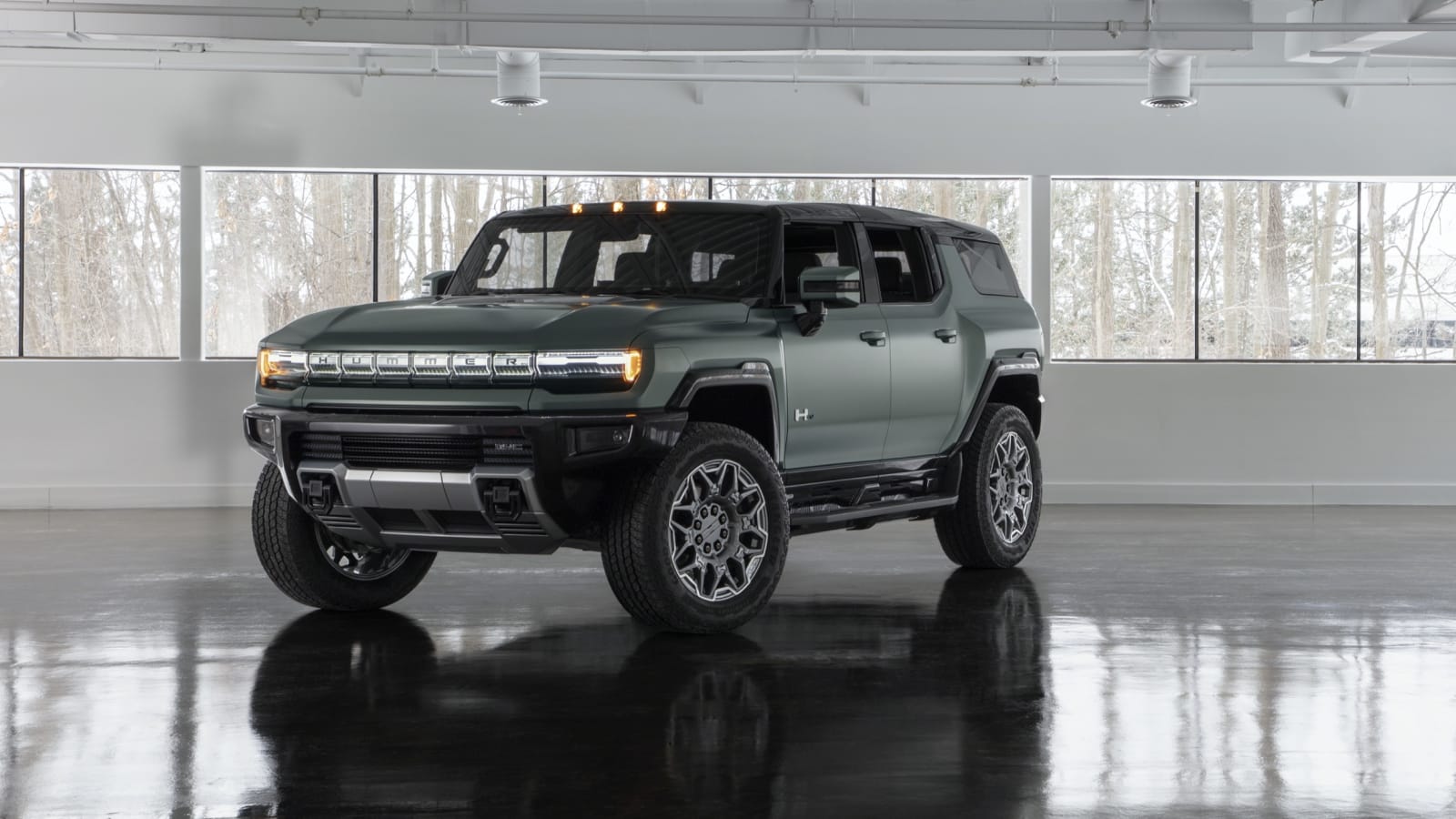
GMC Hummer SUV: 300 kW
GMC hasn’t provided an estimation for what that means in terms of miles or battery percentage in a given amount of time.
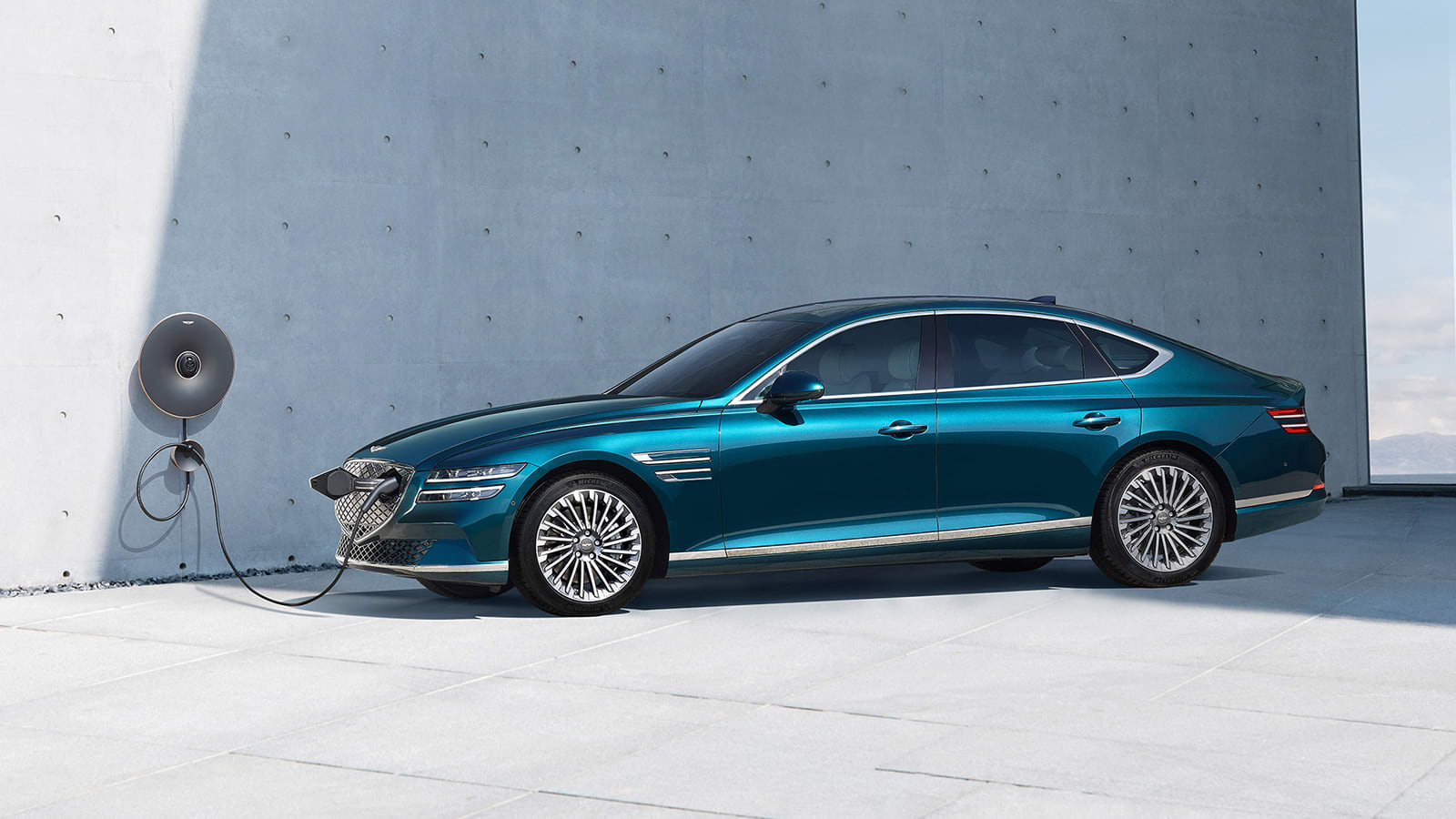
Lucid Air: 300 kW
Lucid says that fast charging can add as much as 300 miles of range in 20 minutes.
Porsche Taycan: 270 kW
Porsche equates that to charging the battery from 5% to 80% in as little as 22.5 minutes.
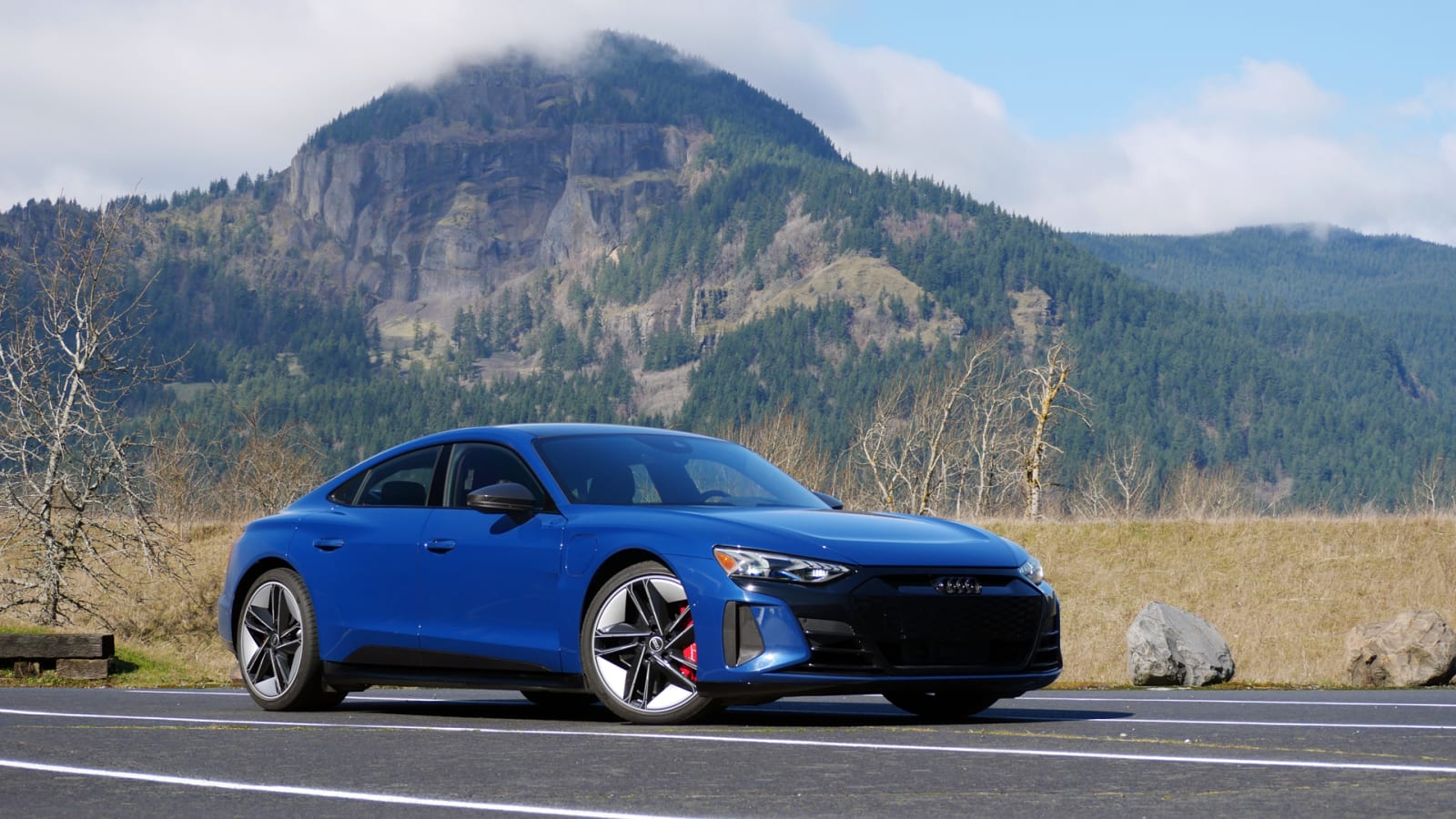
Audi E-Tron GT: 270 kW
As the E-Tron GT uses the same battery architecture as the Porsche Taycan, Audi also claims a 5% to 80% charge in as little as 22.5 minutes.
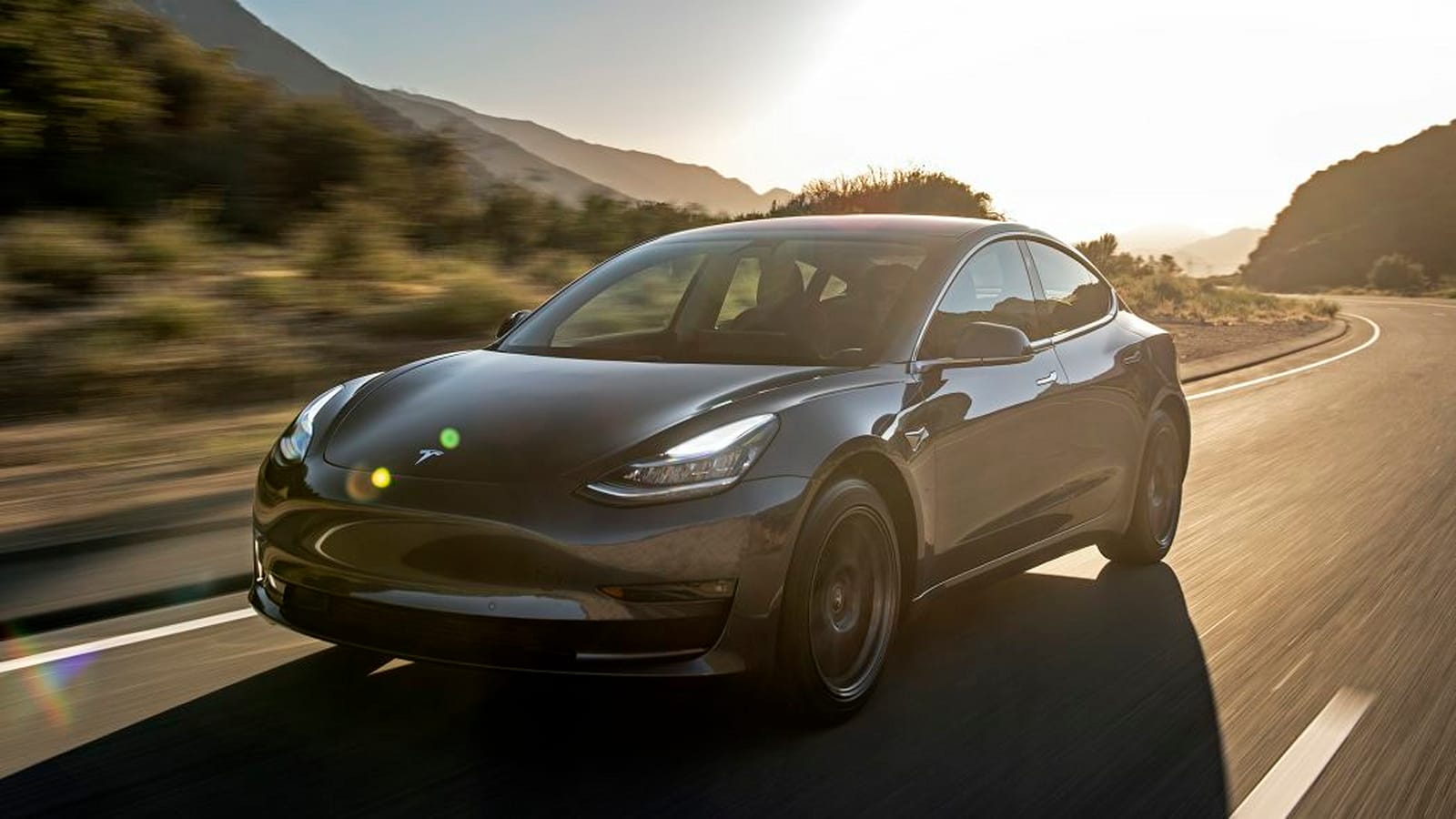
Tesla Model 3: 250 kW
Tesla says its cars can add up to 200 miles of range in 15 minutes of charging.
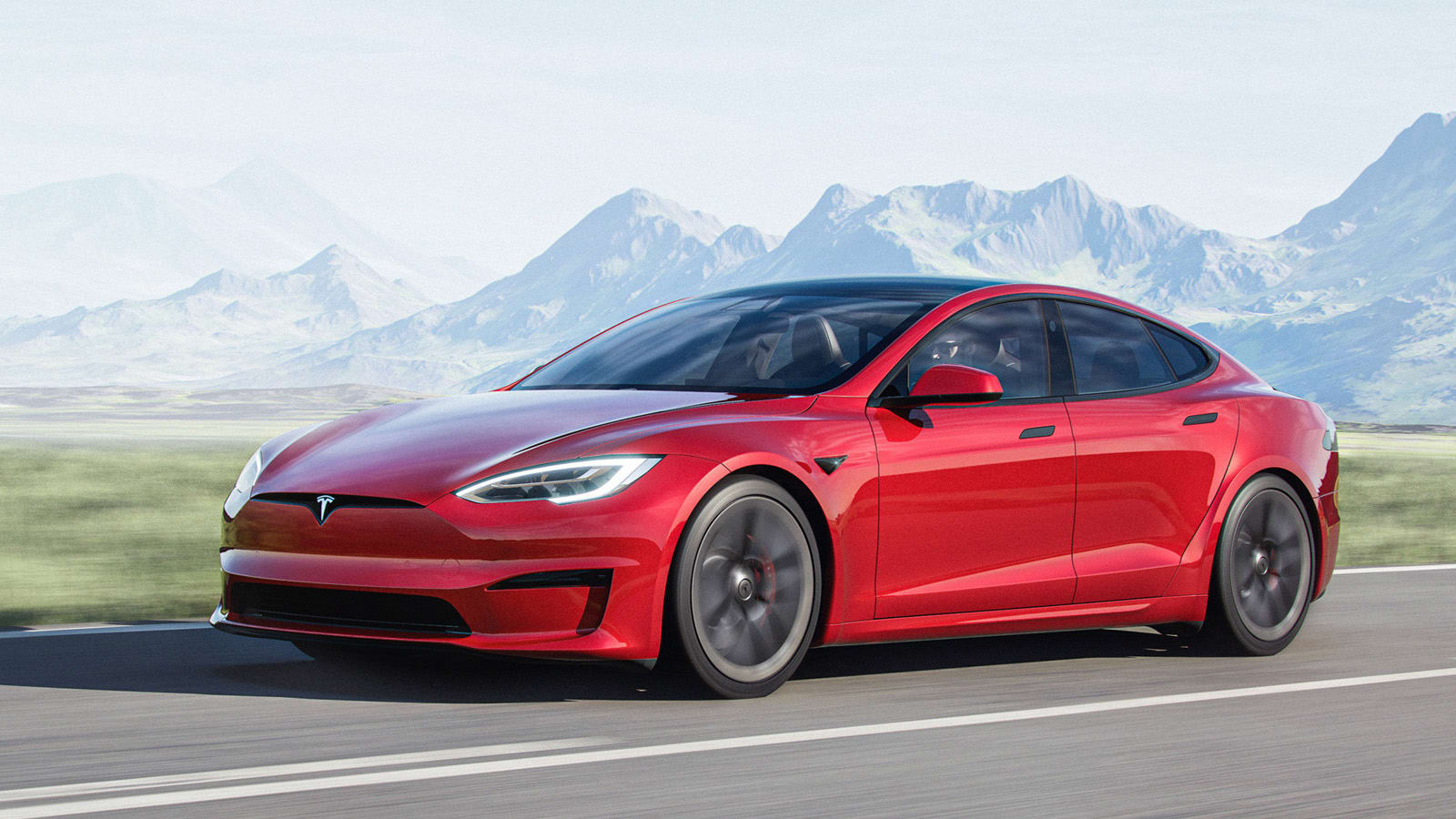
Tesla Model S: 250 kW
Tesla says its cars can add up to 200 miles of range in 15 minutes of charging.
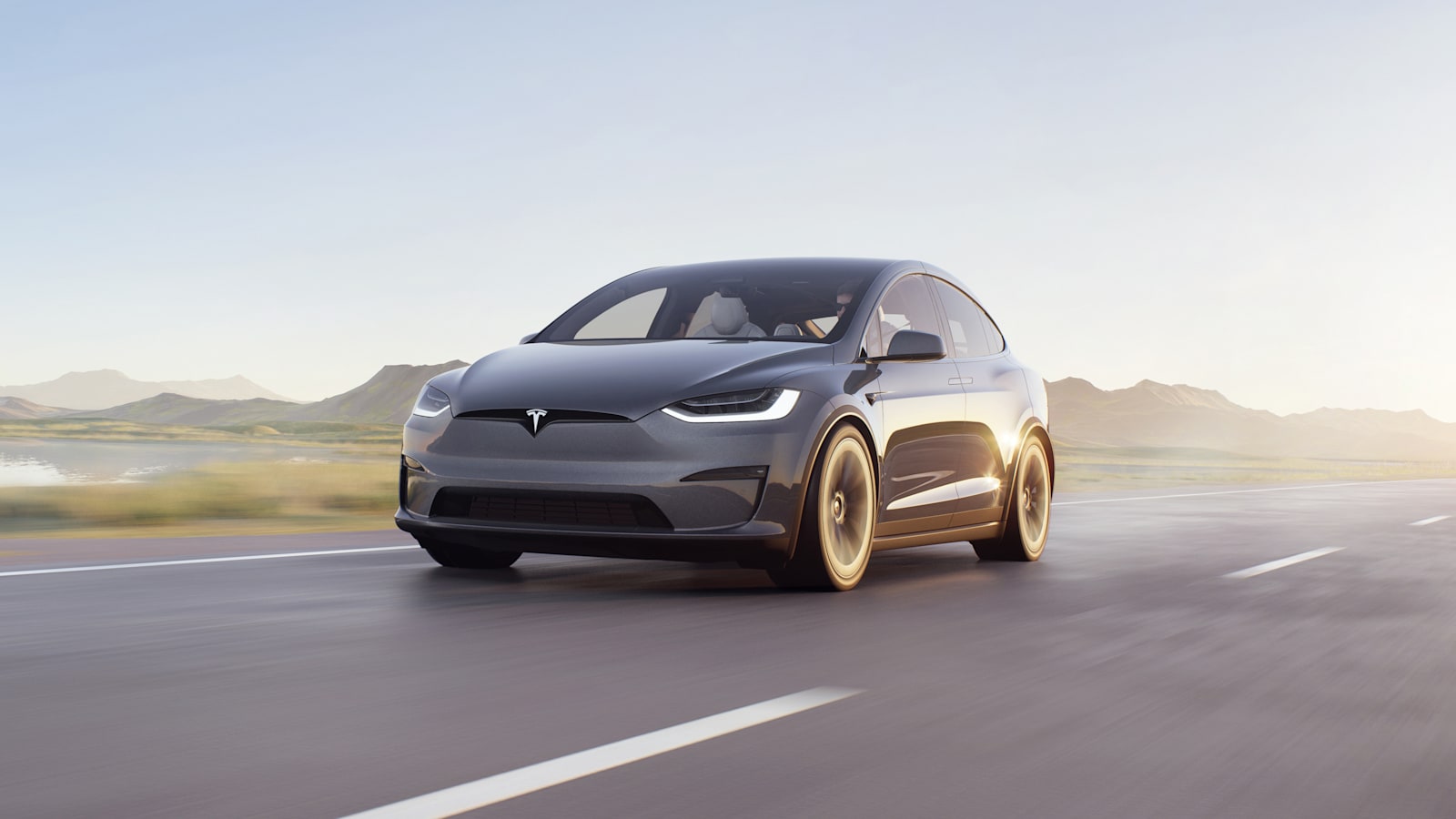
Tesla Model X: 250 kW
Tesla says its cars can add up to 200 miles of range in 15 minutes of charging.
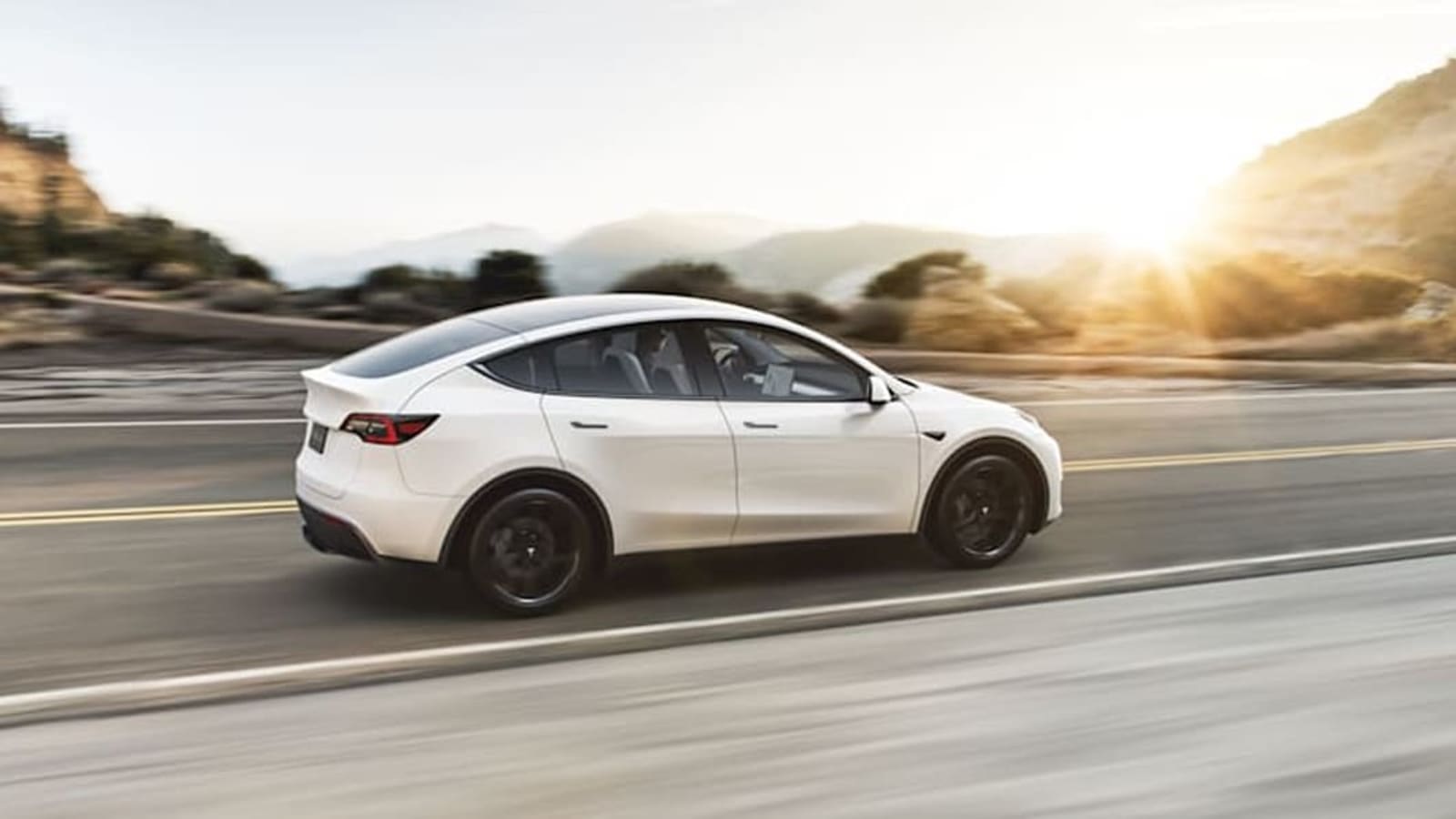
Tesla Model Y: 250 kW
Tesla says its cars can add up to 200 miles of range in 15 minutes of charging.

Genesis Electrified G80: 240 kW
Genesis says the electric version of its G80 sedan can charge from 10% to 80% in 22 minutes with a battery temperature of 77 degrees Fahrenheit. Note that it has a bigger battery than the Hyundai Group’s E-GMP crossover trio (Genesis GV60, Kia EV6 and Hyundai Ioniq 5).
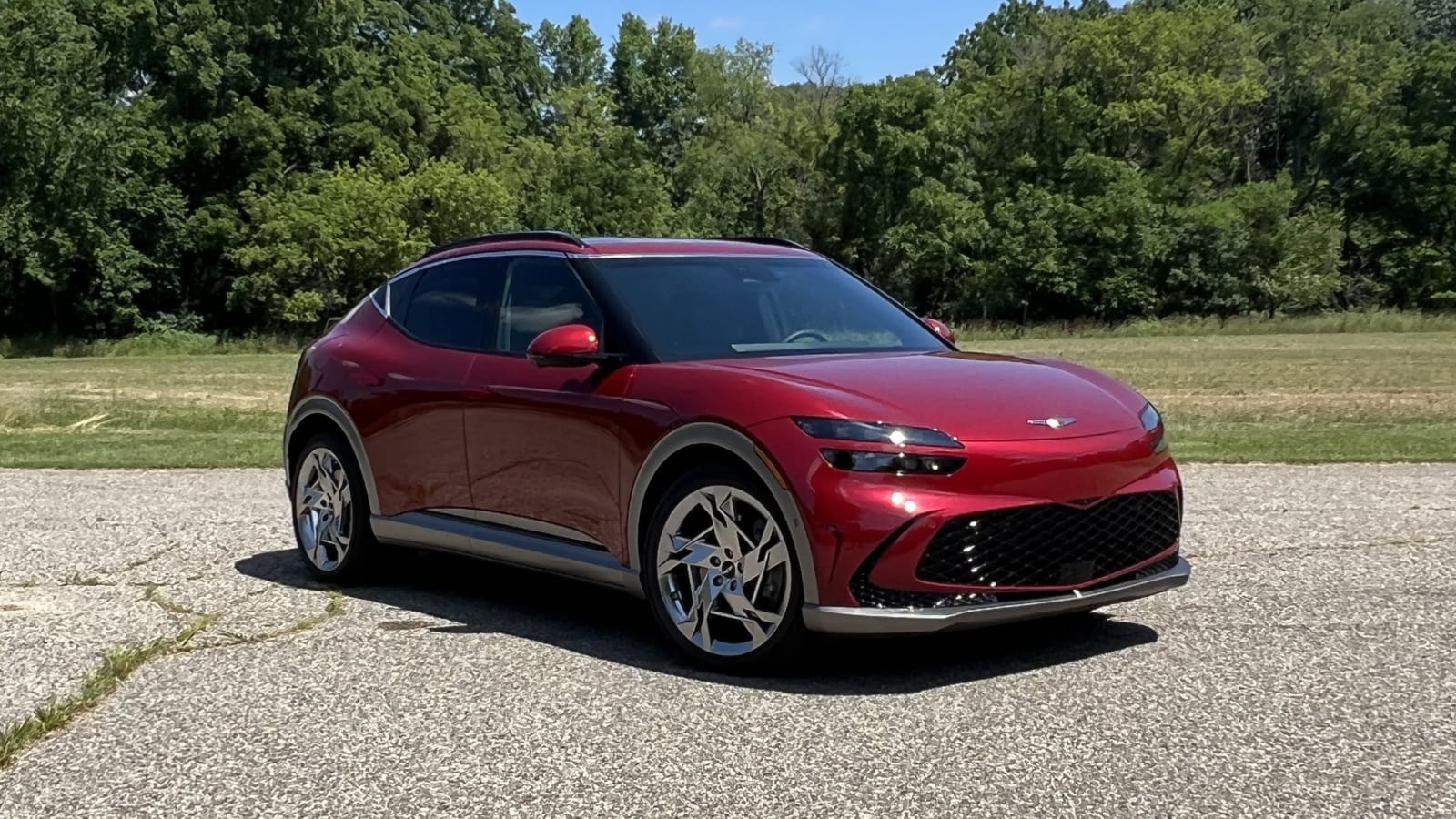
Genesis GV60: 235 kW
Genesis says that the GV60 (which shares the E-GMP platform and 800-volt battery architecture with the Hyundai Ioniq 5 and Kia EV6, below) can charge from 10% to 80% in 18 minutes.
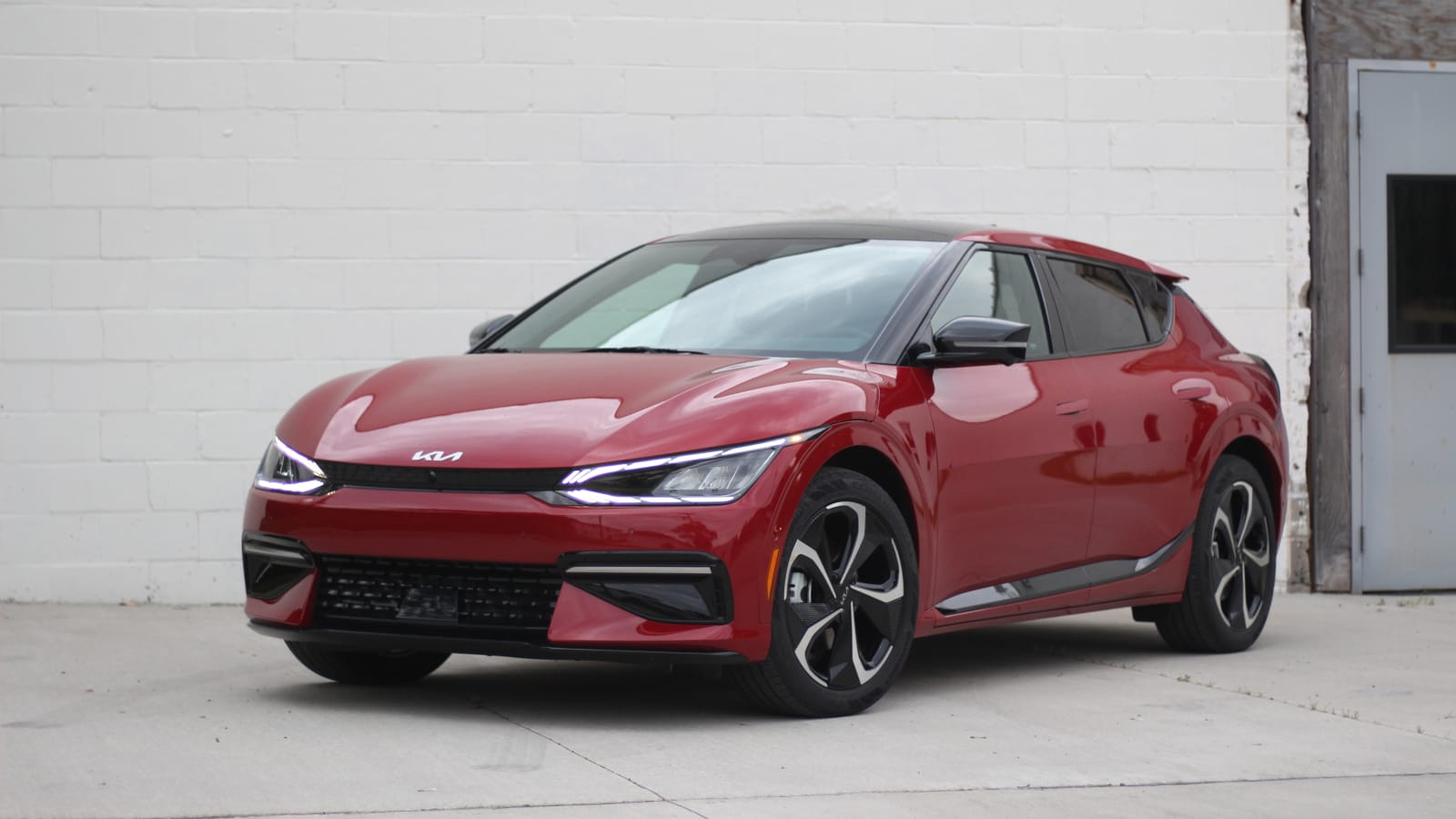
Kia EV6: 235 kW
Like its cousins, the EV6 can charge from 10% to 80% in 18 minutes, Kia claims.
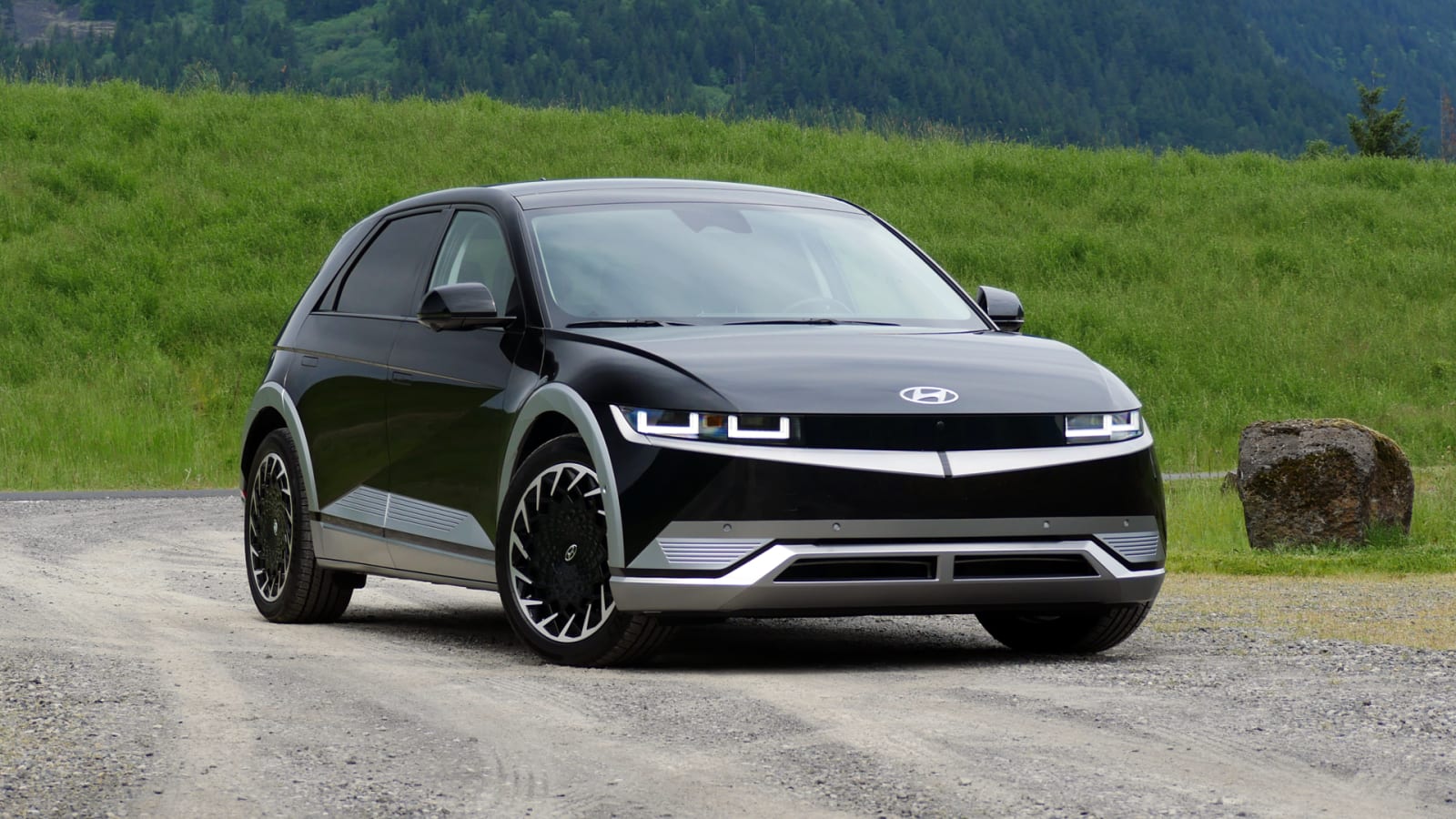
Hyundai Ioniq 5: 235 kW
You guessed it: Hyundai says it can charge from 10% to 80% in 18 minutes.
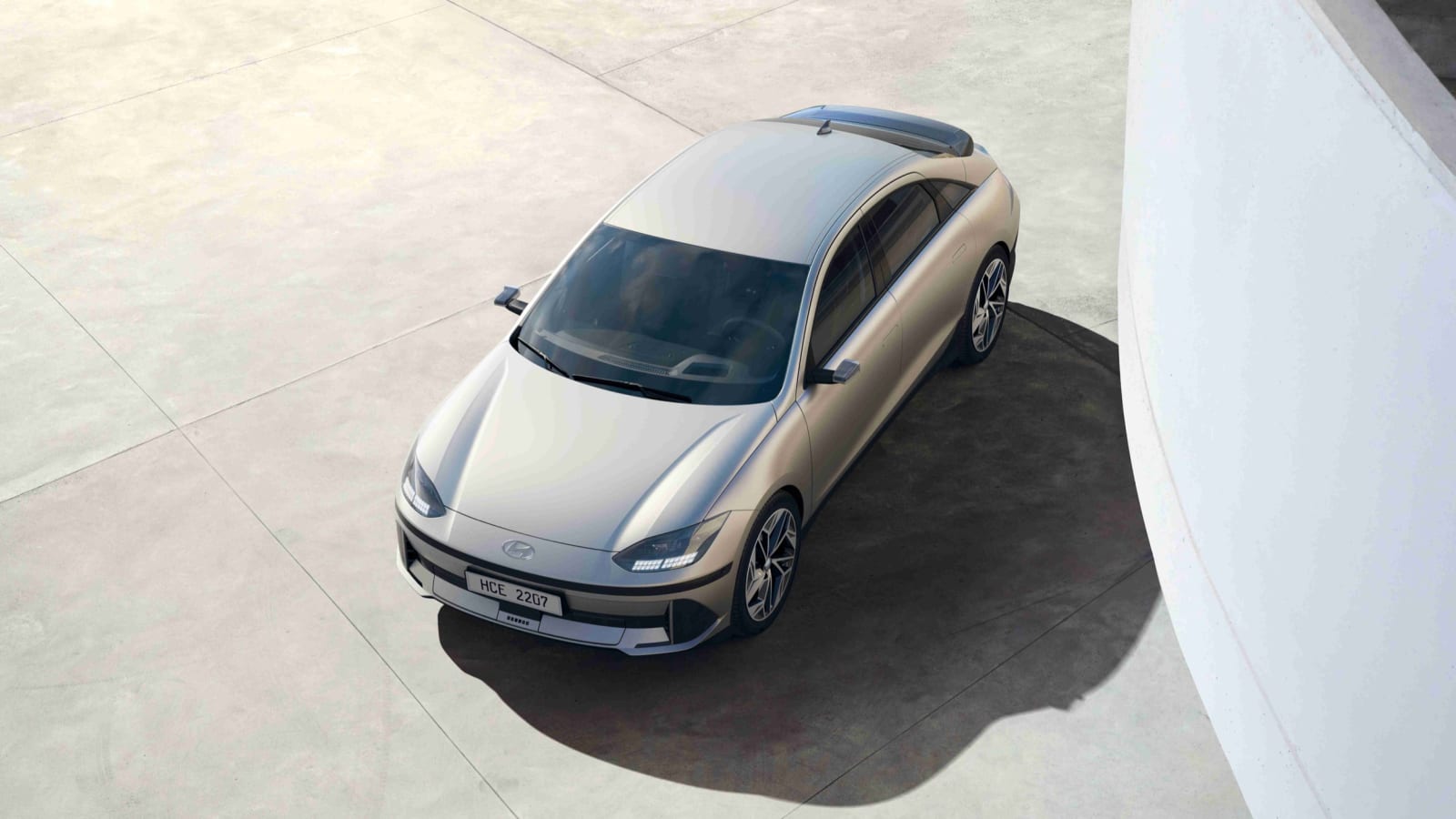
Hyundai Ioniq 6: 235 kW
This future stablemate of the Ioniq 5 also takes 18 minutes to recharge from 10% to 80%.
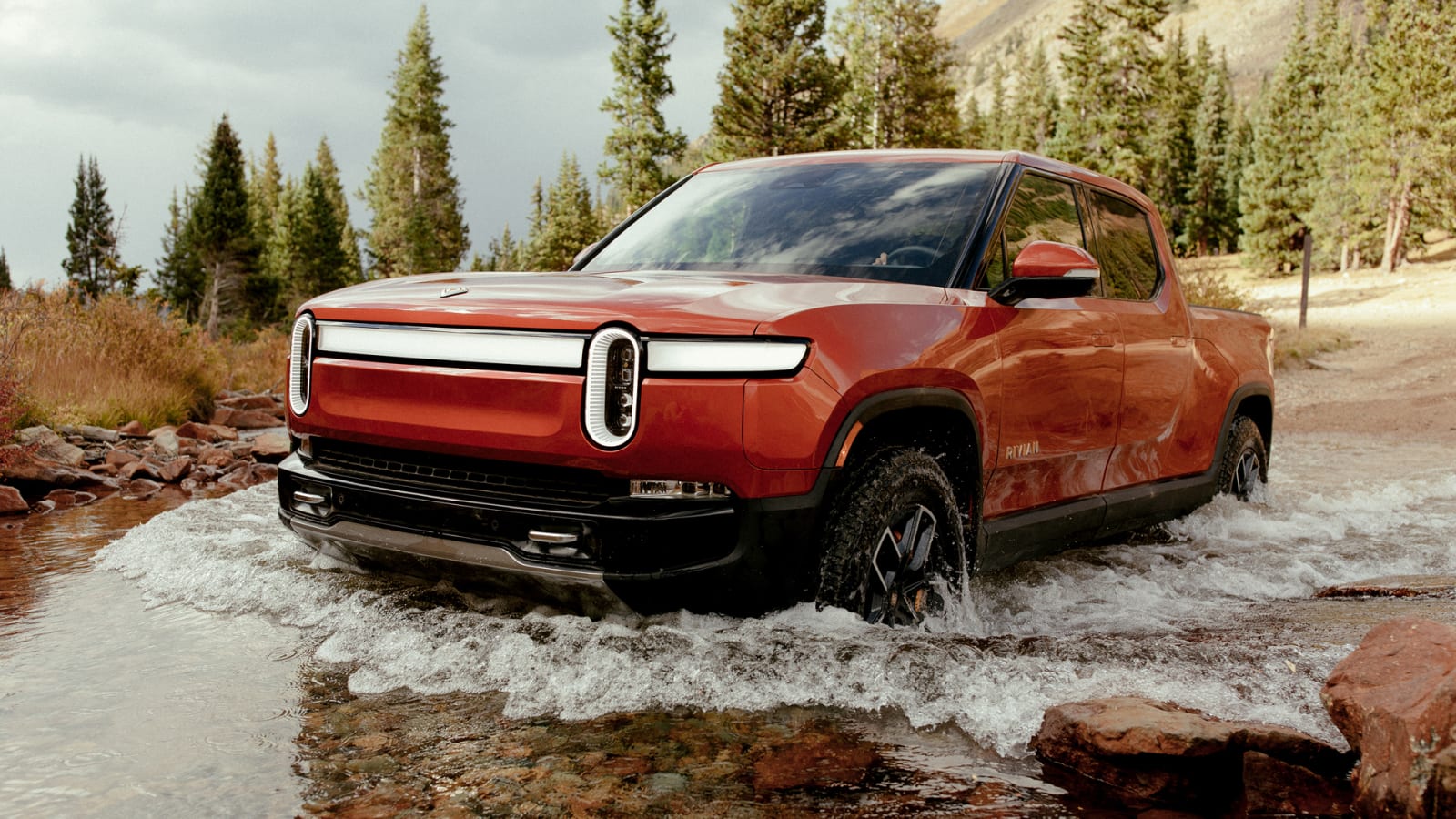
Rivian R1T: 220 kW
Rivian says its electric truck can add up to 140 miles of range in 20 minutes.
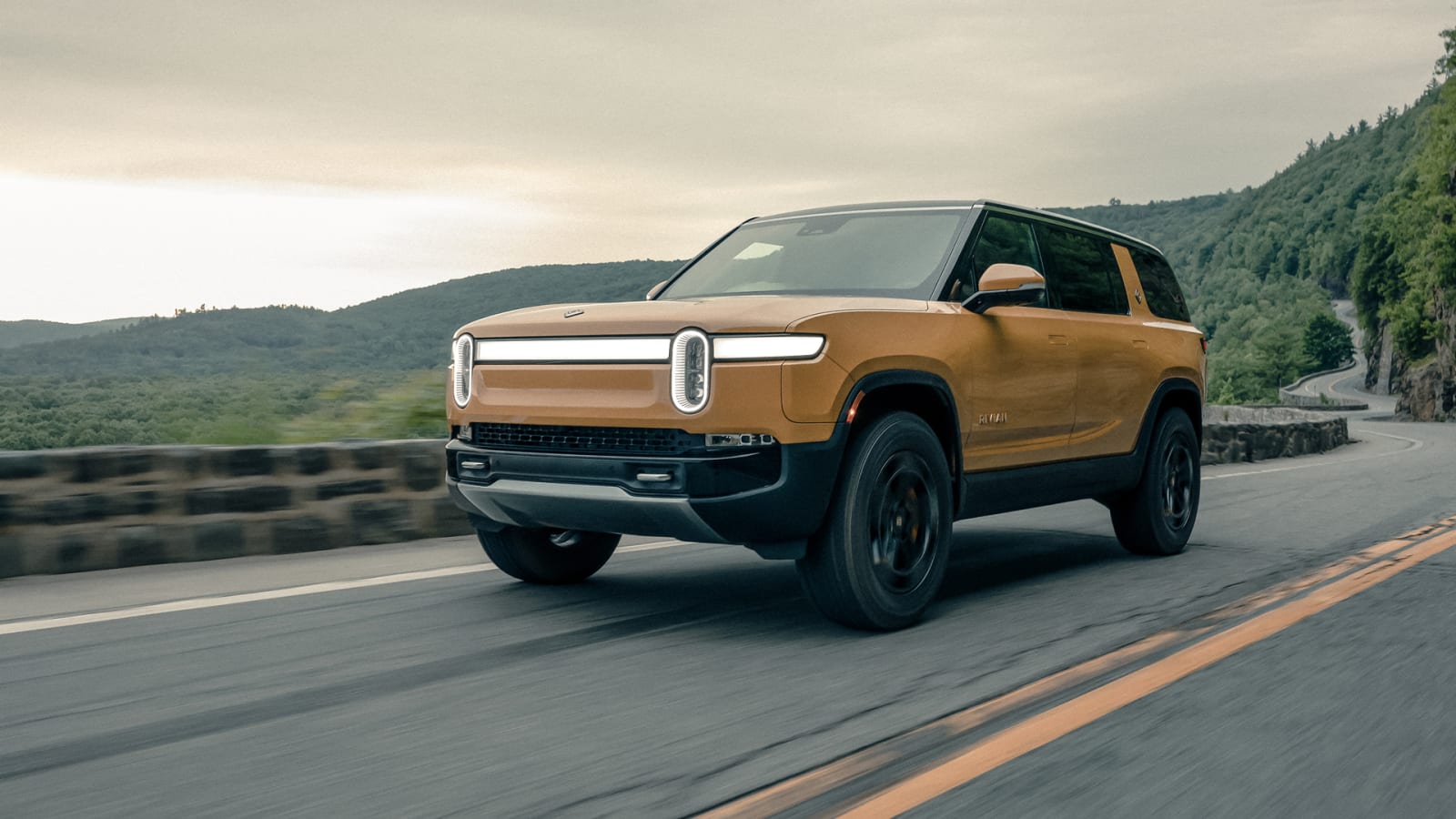
Rivian R1S: 220 kW
Like the pickup, this electric SUV claims to add up to 140 miles of range in 20 minutes.
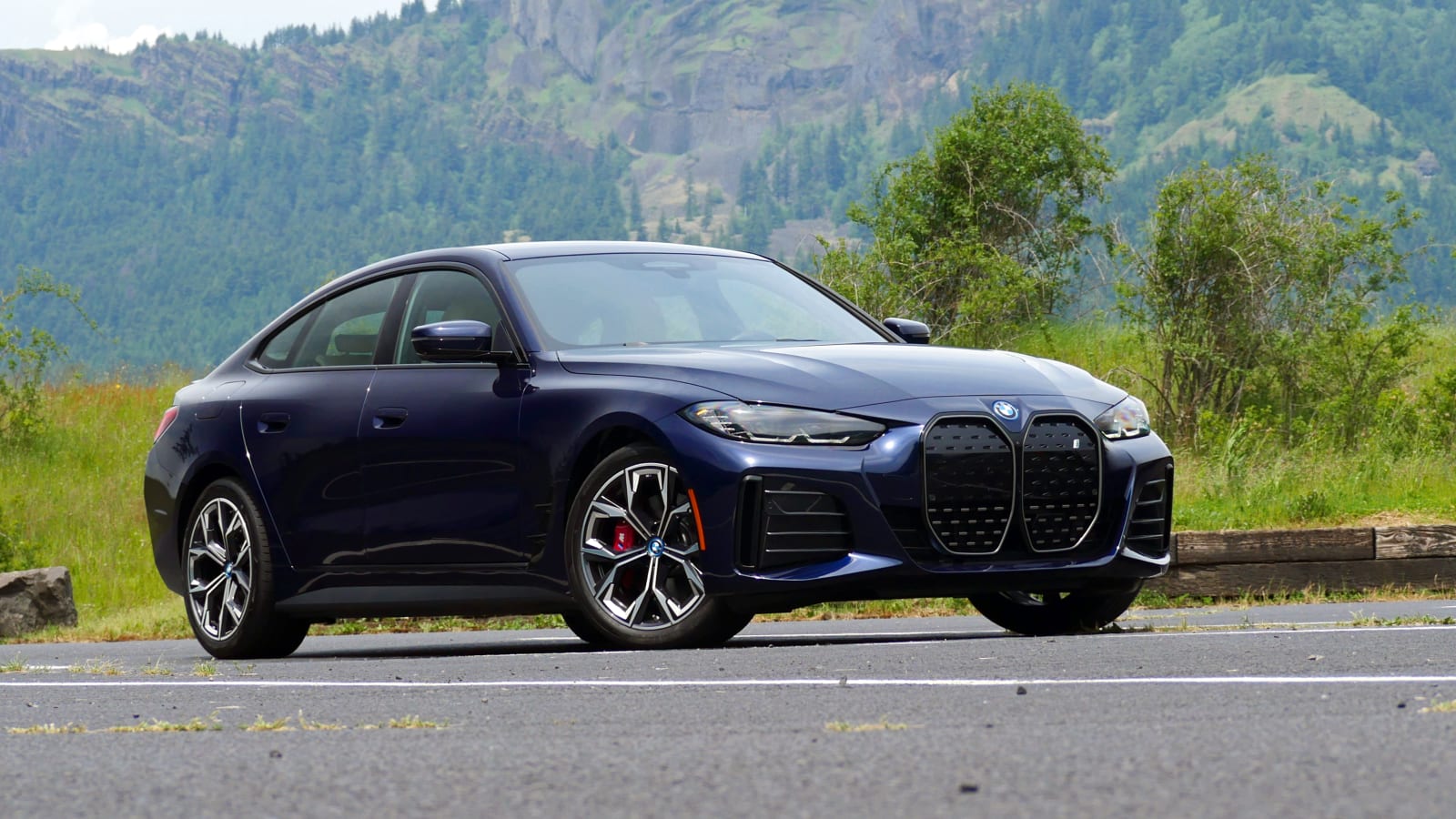
BMW i4: 200 kW
BMW says the i4 eDrive40 can reclaim up to 108 miles of range per 10 minutes of charging. The M50 gets 97 miles in the same amount of time.
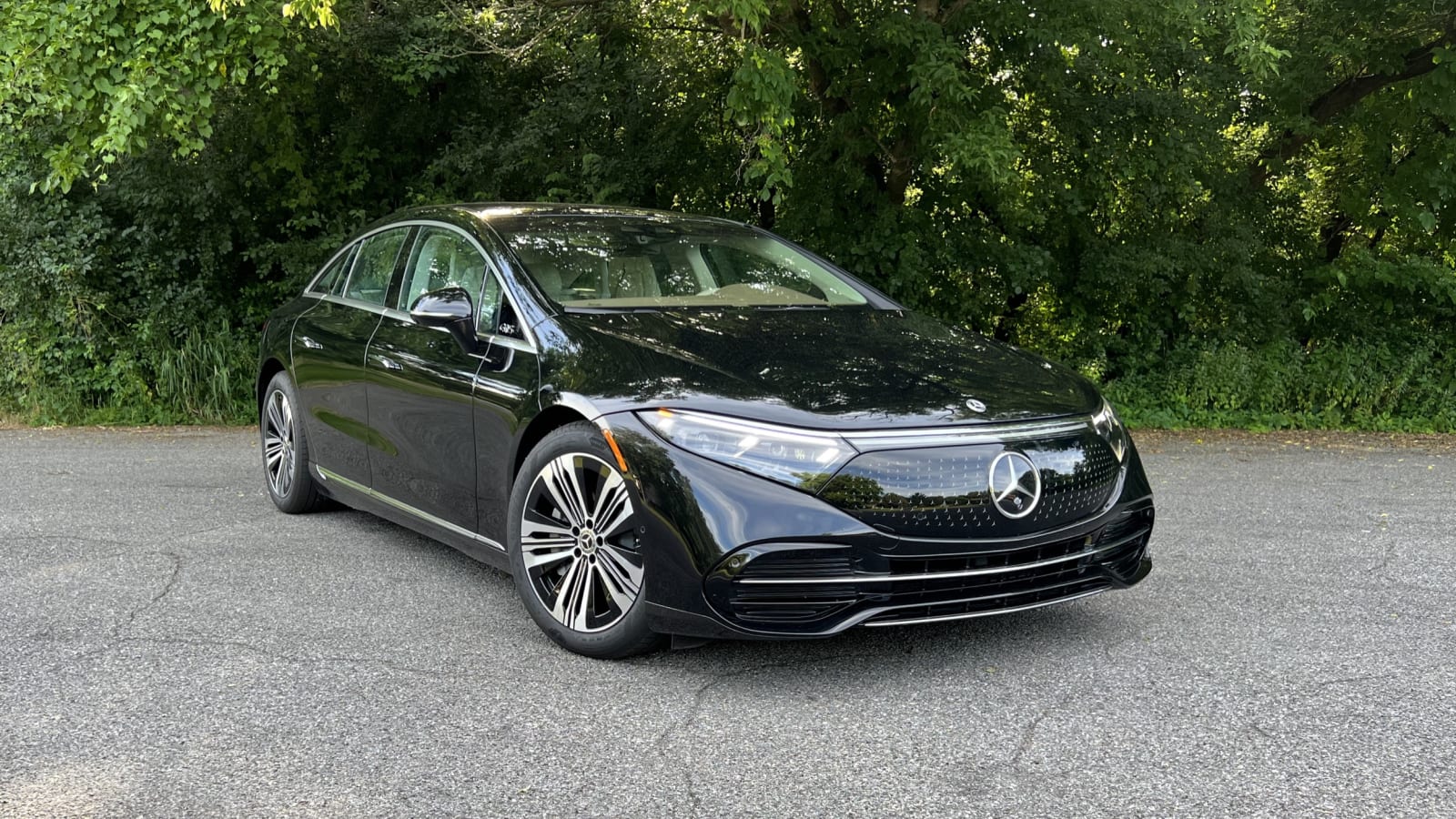
Mercedes-Benz EQS: 200 kW
That’ll take the EQS 450+ from 10% to 80% in 31 minutes. Not bad when you consider the battery offers 350 miles of range.
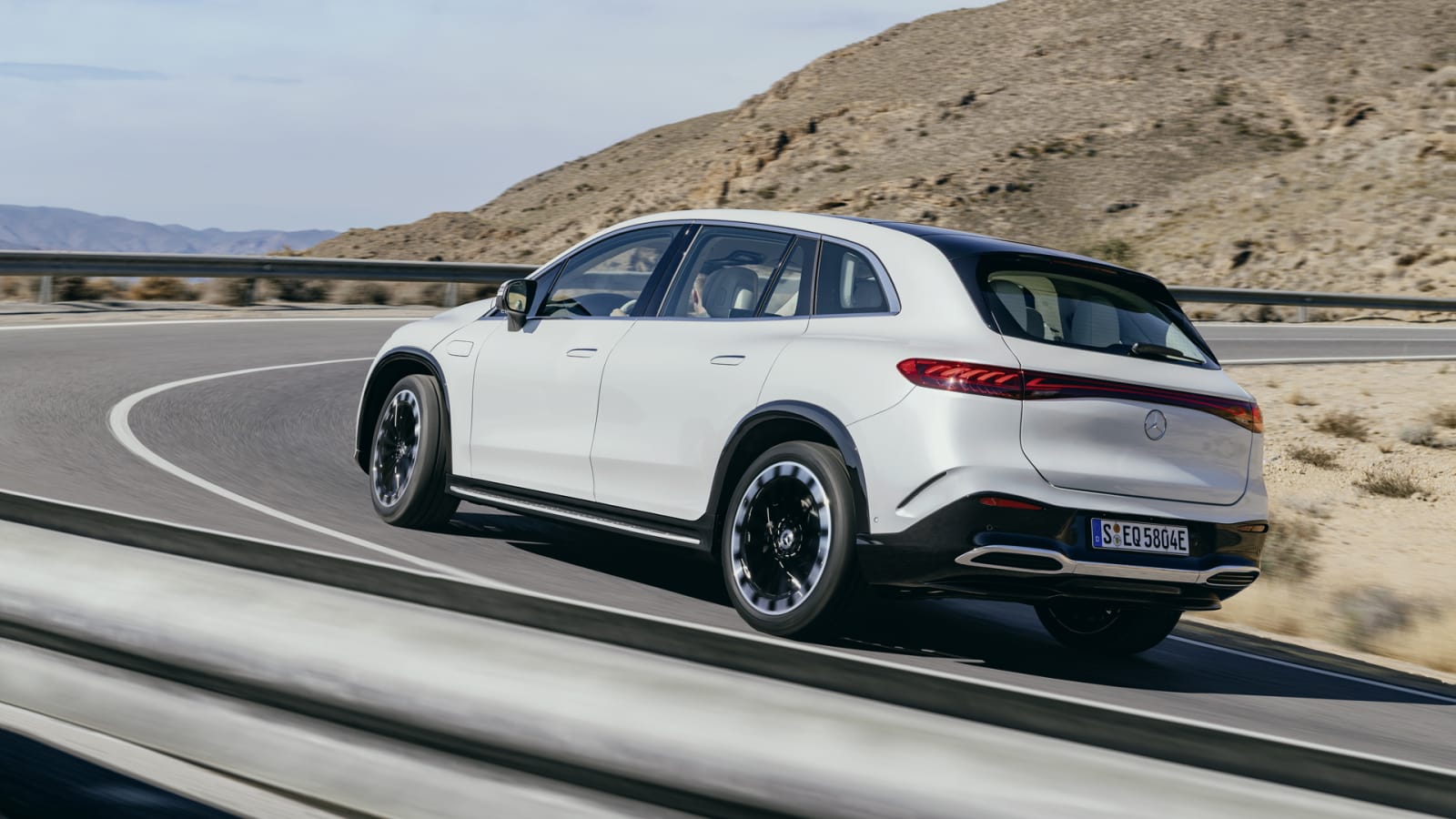
Mercedes-Benz EQS SUV: 200 kW
Mercedes says this upcoming electric SUV will also do 10% to 80% in 31 minutes
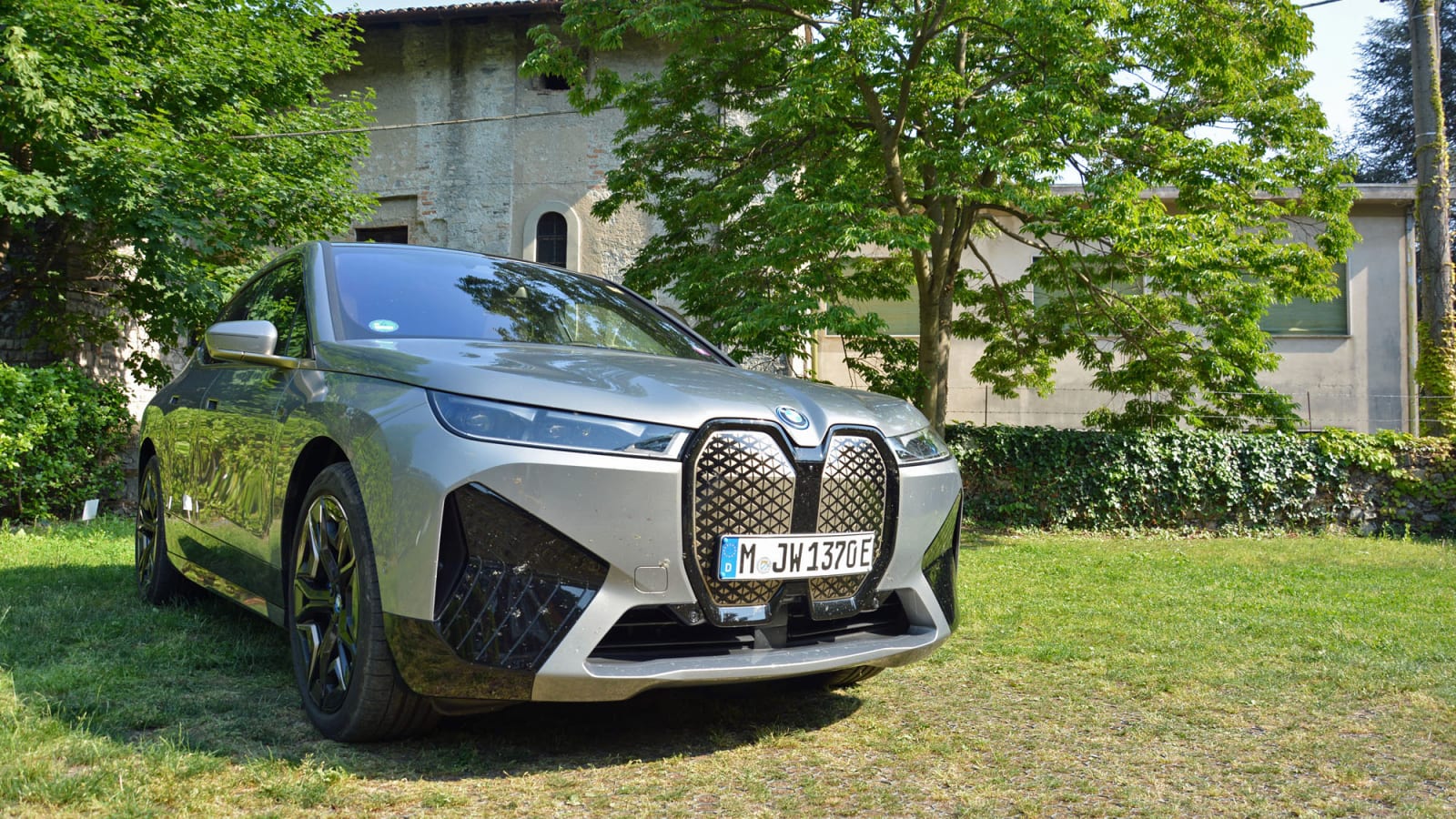
BMW iX: 195 kW
BMW claims the iX xDrive50 and M60 can recoup 90 miles of range in 10 minutes.
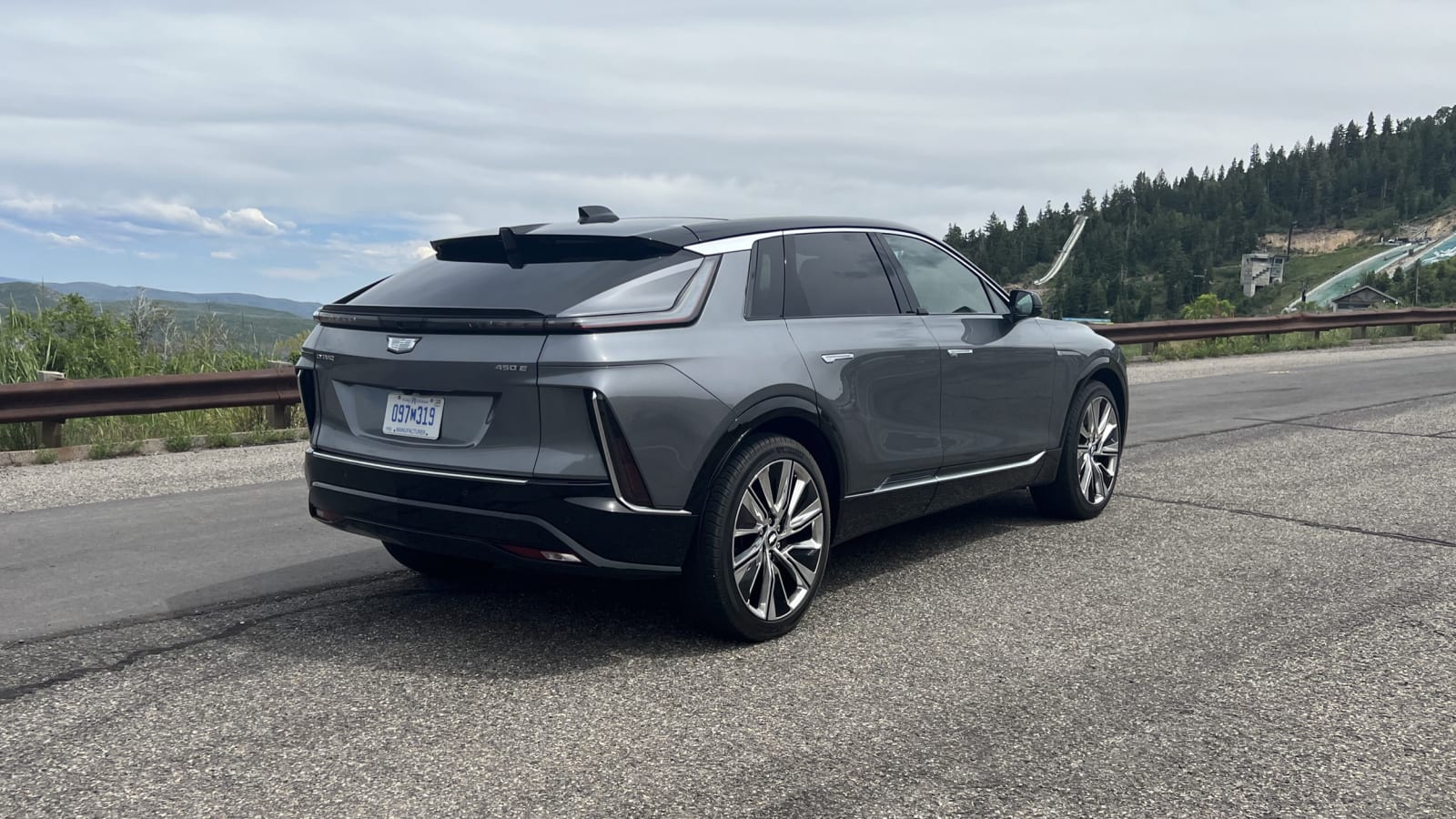
Cadillac Lyriq: 190 kW
Cadillac claims that will add 76 miles of range in about 10 minutes of charging.
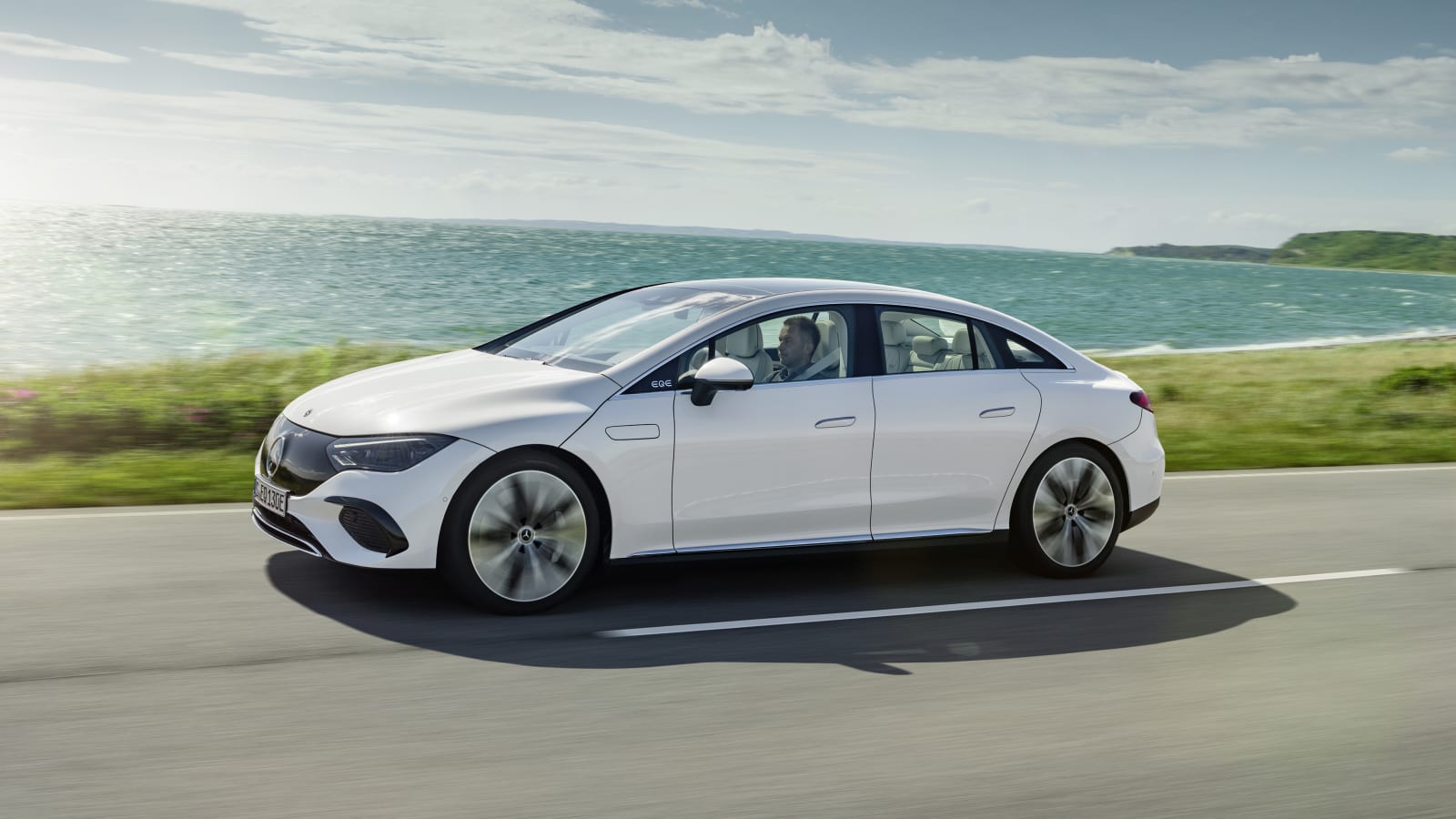
Mercedes-Benz EQE: 170 kW
This upcoming EQE sedan will charge from 10% to 100% in 30 minutes.
Ford F-150 Lightning: 155 kW
That will change the extended-range pack from 15% to 80% in about 41 minutes, or 54 miles in 10 minutes. The standard-range battery is only capable of 120-kW charging, which equates to 15% to 80% in about 44 minutes, or 41 miles in 10 minutes.
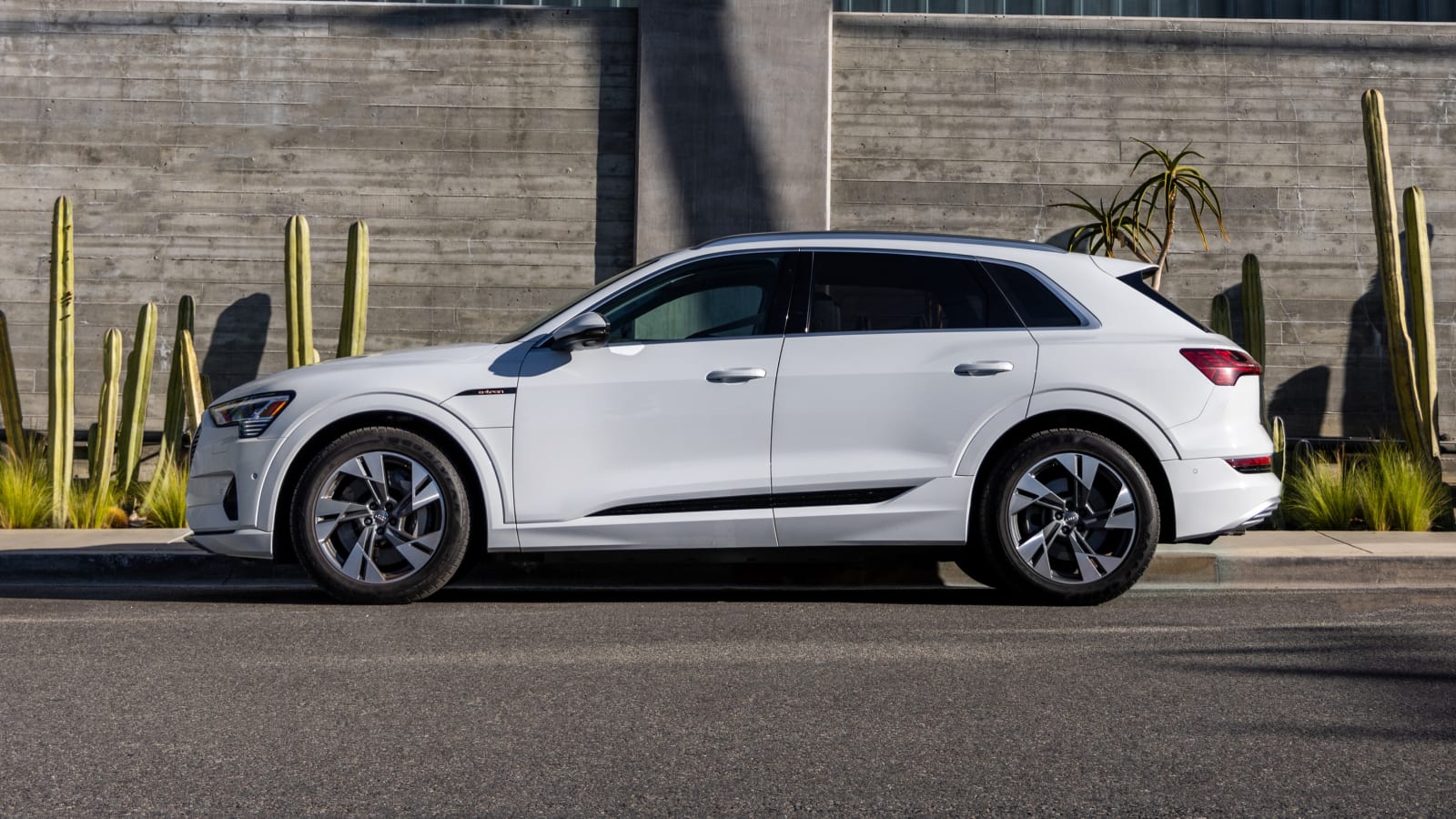
Audi E-Tron: 150 kW
Audi doesn’t state what that means in terms of charging time.
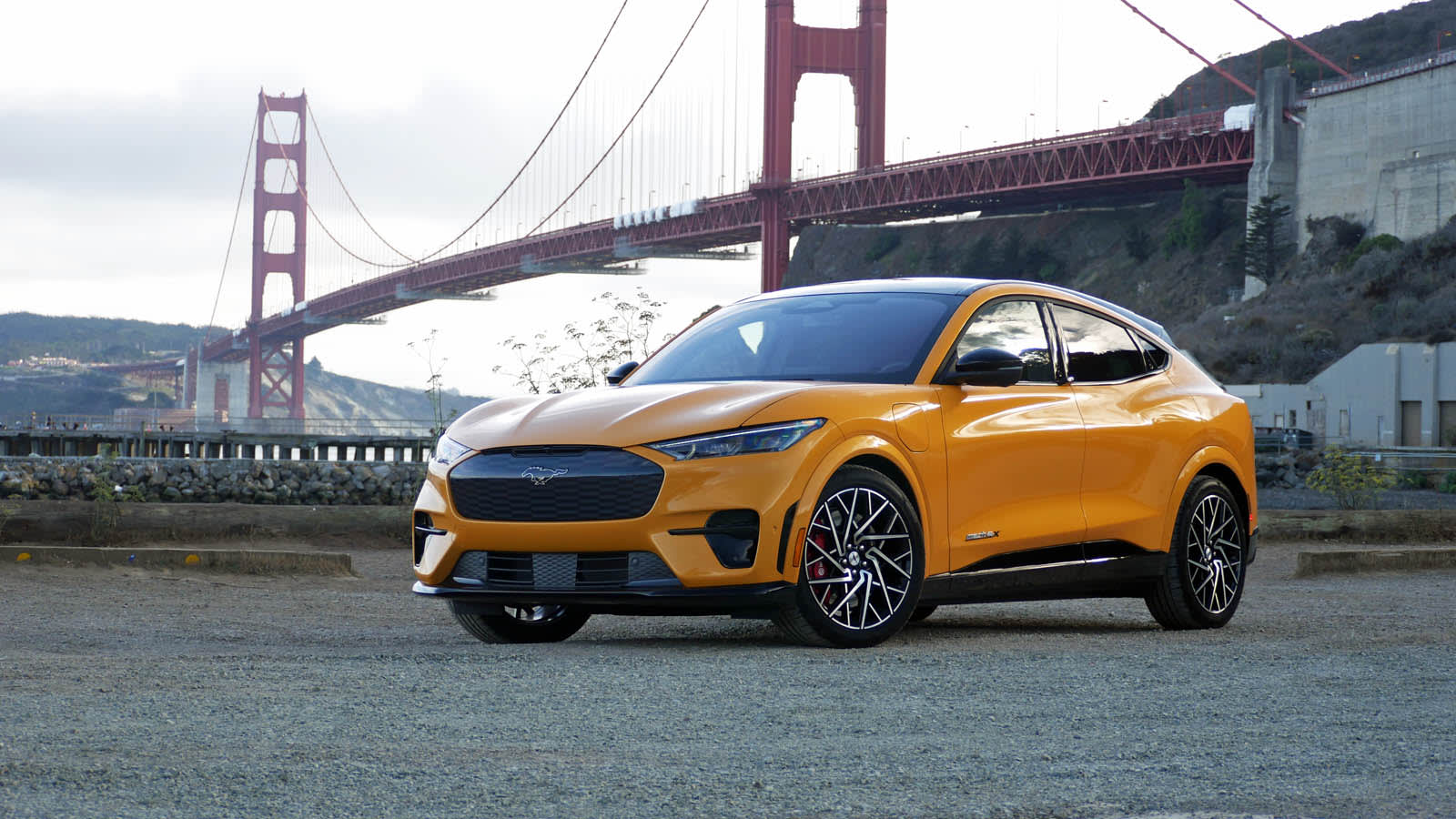
Ford Mustang Mach-E: 150 kW
With rear-wheel drive and the extended-range battery, it’ll charge from 10% to 80% in 38 minutes.
Polestar 2: 150 kW
Polestar claims a time of 30 minutes to get the battery from 10% to 80%
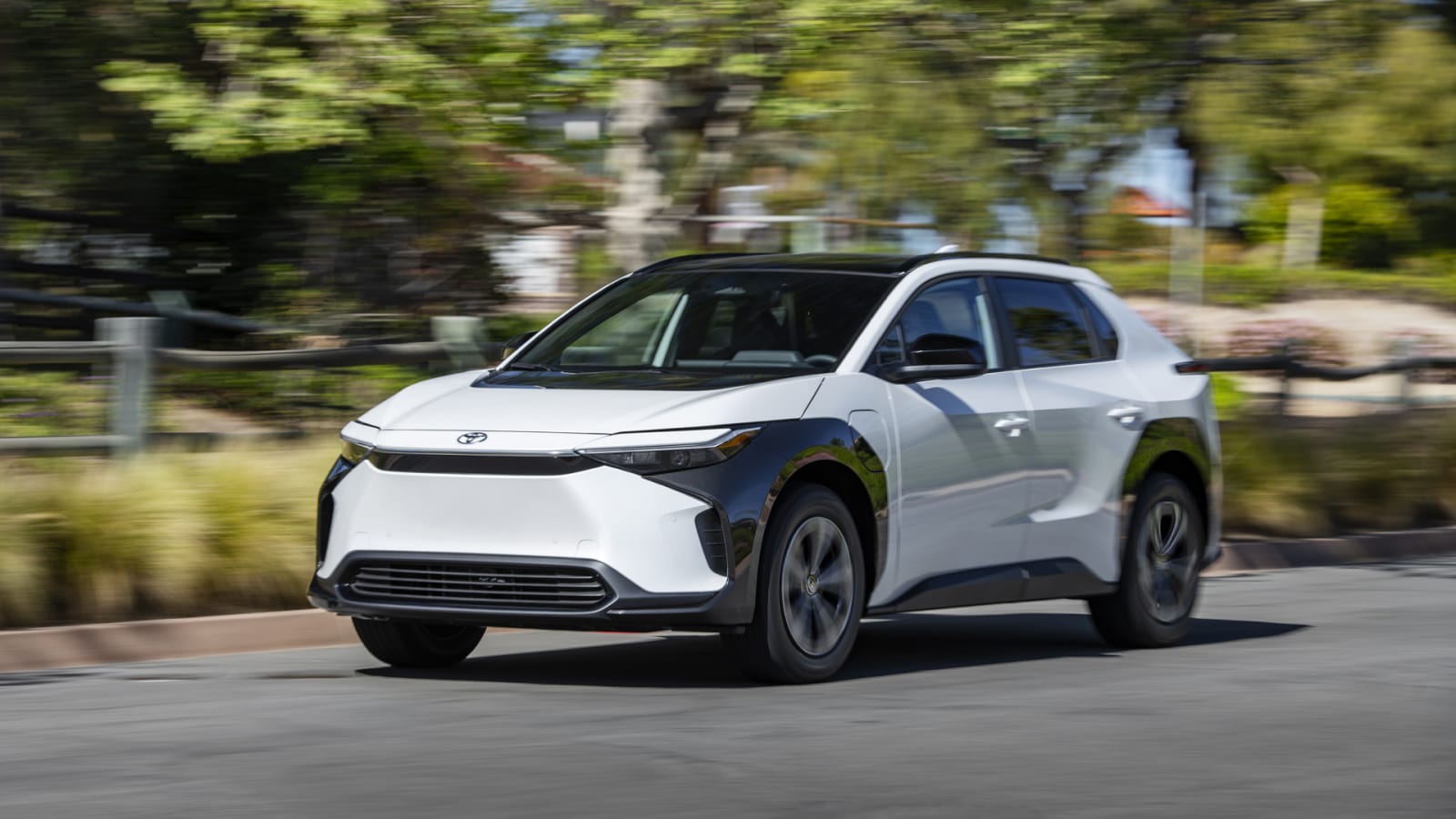
Toyota bZ4X: 150 kW
That 150-kW figure is for the rear-wheel-drive model. The all-wheel-drive version is limited to 100 kW. Toyota doesn’t state what that means in terms of charging time.
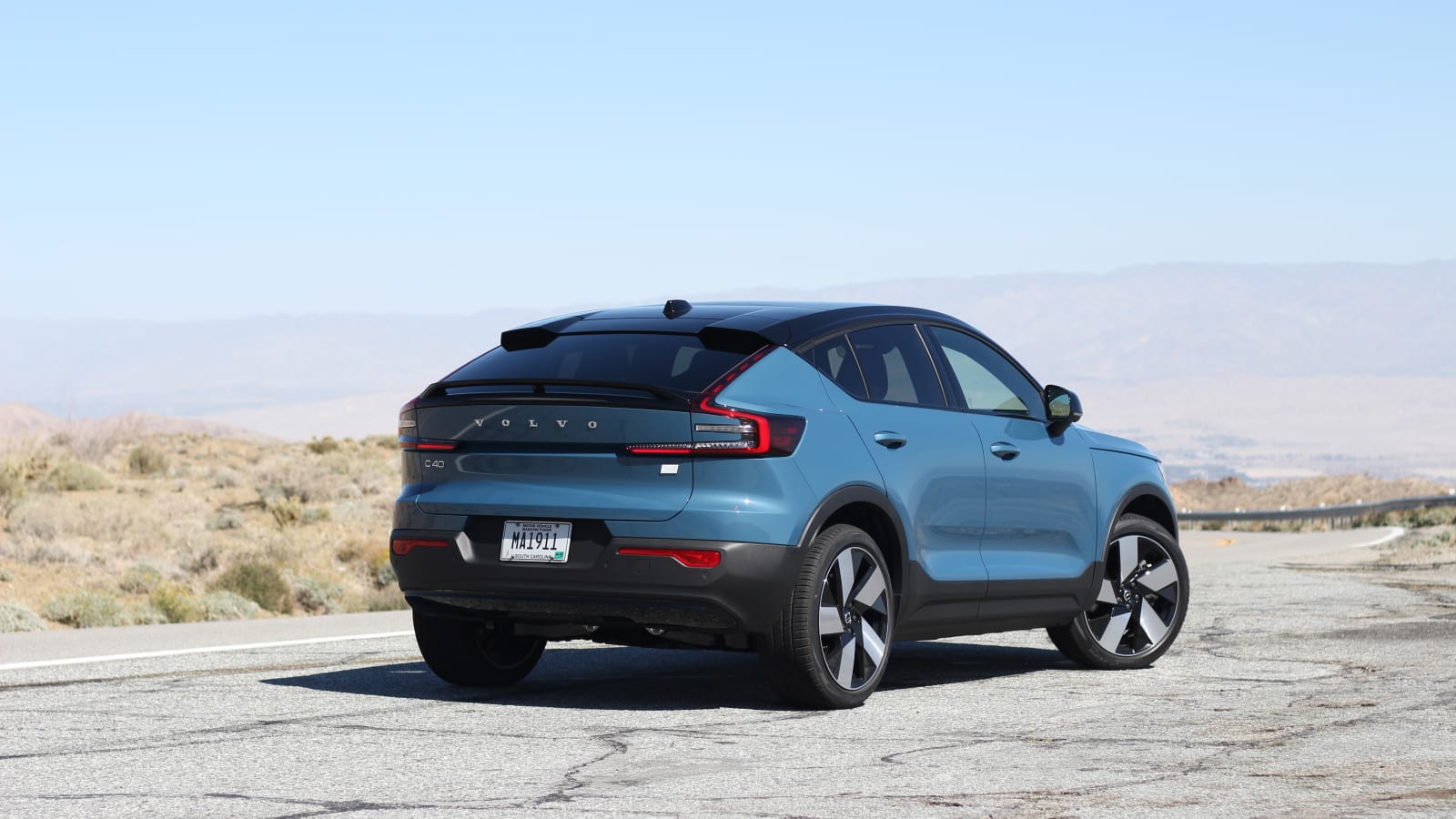
Volvo C40 Recharge: 150 kW
That’s 10% to 80% in about 35 minutes at a battery temperature of 95 degrees Fahrenheit.
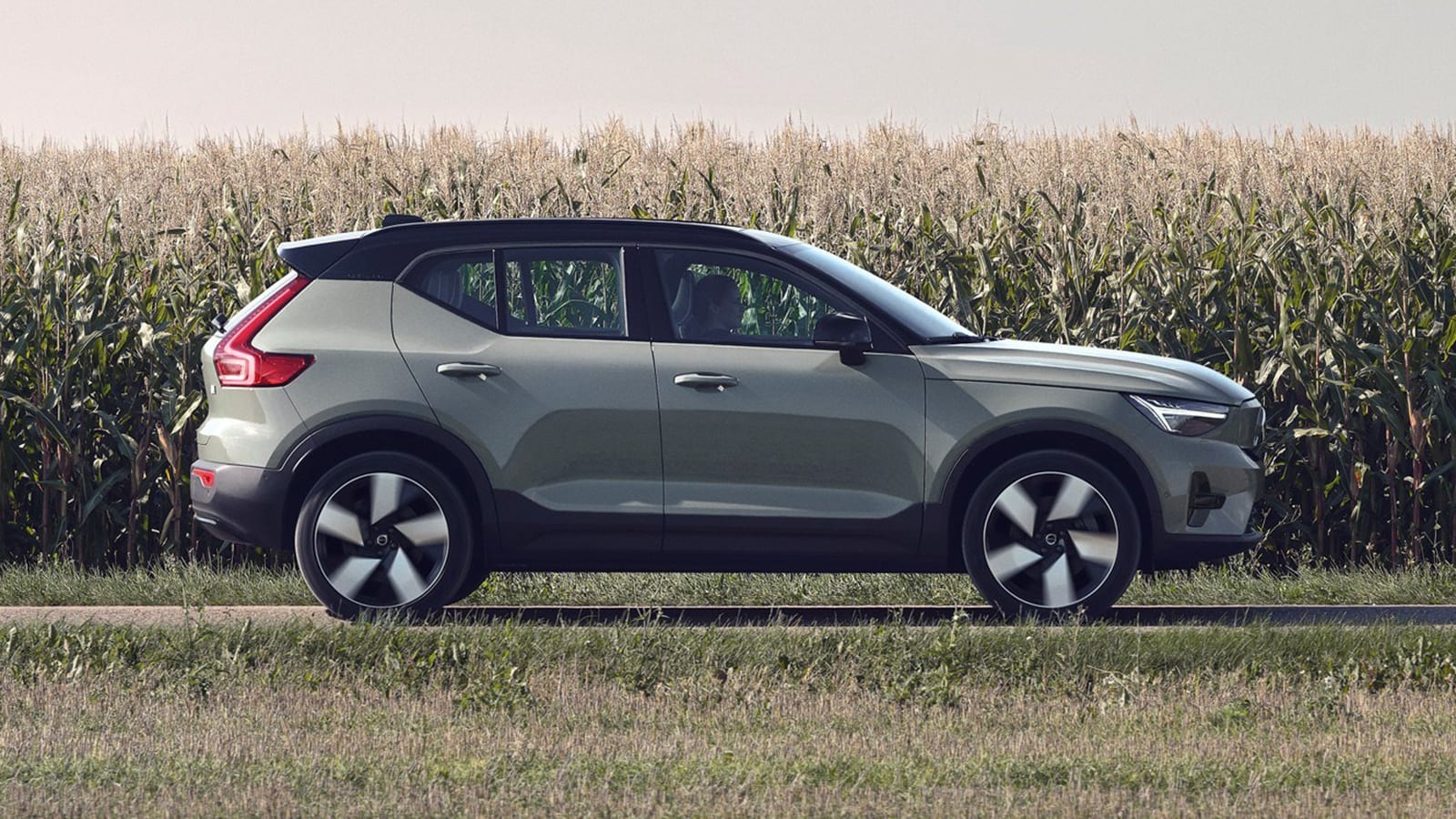
Volvo XC40 Recharge: 150 kW
Volvo says it can charge up to 80 percent in 40 minutes when fast charging.
Related video:
